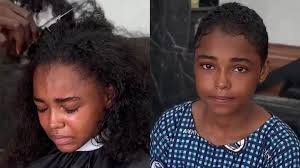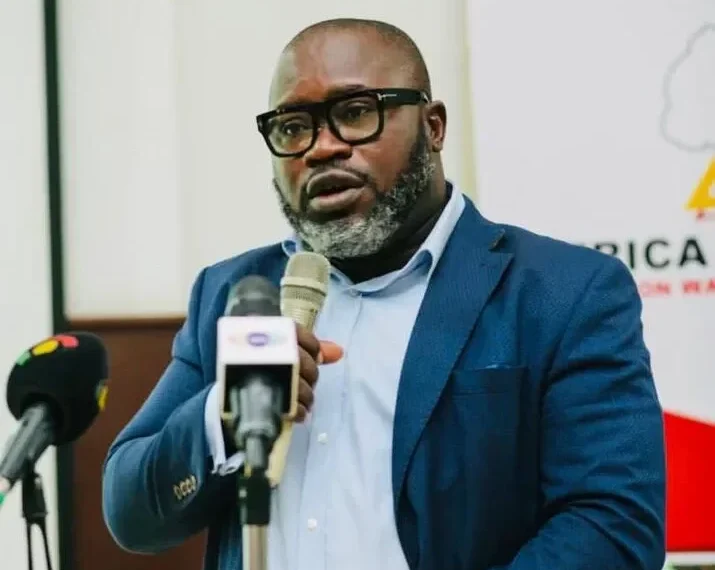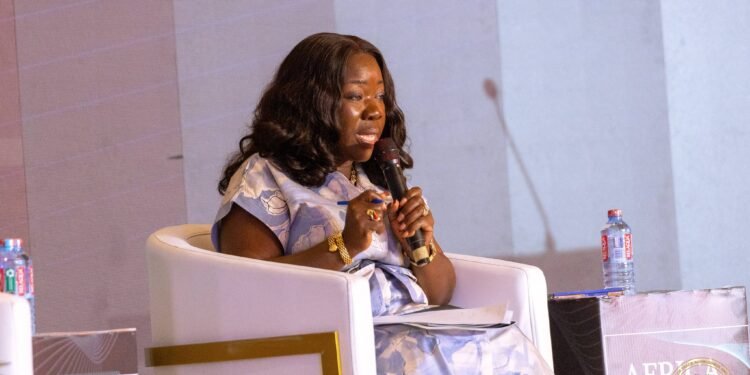The Executive Director for Africa Education Watch (Eduwatch), Kofi Asare, has weighed in on the raging debate as to whether or not senior high school students should be allowed to keep their hair as they wish (whether long or short), explaining that he takes the side of the law.
Mr. Asare explained that there is established law on the matter, as is clearly captured in the ruling on the case between the Rastafarian students and Achimota School.
In 2021, Achimota School refused to admit two Rastafarian students, Tyone Marhguy and Oheneba Nkrabea, because their dreadlocks violated school rules against long hair. The students’ families took the school to the High Court, arguing that the refusal was a violation of their human and constitutional rights to education and religious freedom.
The court ruled in favor of the students, ordering the school to admit them and stating that the school had not provided a compelling legal reason to infringe on their rights.
This issue has resurfaced again this year after a student of Yaa Asantewaa Senior High School was visibly seen traumatized after she had trimmed her long hair in order to uphold her admission to the school.

The Executive Director for Africa Education Watch explained that he has taken the side of the law, as the high court clearly stated in 2021.
“I am on the side of the law. A similar issue went to court years ago, and the courts pronounced that schools may have their rules for dressing and hair, etc., for the regulation of conduct and discipline in schools.
“However, such rules must be consistent with the constitutional rights of students or learners and should not infringe on their rights to religion and the right to education.”
Kofi Asare, Executive Director, Africa Education Watch (Eduwatch)
Mr. Asare explained that in the case of the Rastafarian students, the argument was that, keeping their long hair was an expressing of their religion and culture, emphasizing that such is a right permitted in the constitution of Ghana
He explained that the Rastafarian students’ case, as the law upholds, does not necessarily apply to every other student who may want to keep their long hair in senior high school.
“So, to the extent that trimming one’s hair, which is not a manifestation of one’s religion, takes place in our senior high schools, I don’t see it contradicting the pronouncement of the high court in the Rastafarian versus Achimota school case. And that is why I have no objection to the rule in question.”
Kofi Asare, Executive Director, Africa Education Watch (Eduwatch)
Mr. Asare admitted that asking students to trim their hair with the condition that their admission is predicated on it, may have some psychological effects on the students involved, as they may not have been aware that the schools have such rules.
However, he emphasized that the aim of the rule is not to cause any psychological harm to students, nor subject them to an act of indignity.
He further explained that the reason for some of these rules in senior high schools in Africa, especially in Ghana, has to do with the fact that Ghanaian senior high schools run the boarding system whereby school authorities have to play a key role in ensuring the well-being of students while they reside on campus.
“The essence is that across Africa, especially in countries where boarding schooling is the norm, like Ghana, where the average student is a residential student, school authorities have continued to make the point, and I side with them, that as part of their management of students, it is not just about character, not just about discipline.
“As part of their management of students, there is a need for neutrality, and there is a need for hygiene and uniformity. And these three things, among others, necessitate that students should have their haircuts in line with the school’s regulations.”
Kofi Asare, Executive Director, Africa Education Watch (Eduwatch)

Mr. Asare’s reasons for siding with school authorities for keeping such rules appear to reflect the position of the Minister for Education, Hon. Haruna Iddrisu.
Addressing the issue at a 75th anniversary ceremony of Mawuli School, the education minister empowered the Ghana Education Service and authorities of senior high schools to make sure they keep such rules that regulate the conduct of students, including letting them trim their hair. He emphasized that it was part of character molding and ensuring discipline.
Mr. Asare therefore admonished that parents who may perceive a violation of the rights of their wards in such an instance should have to test the law.
READ ALSO: Finance Ministry Consults Ahead of 2026 Budget Reading























